Keywords: World Communication Day
-
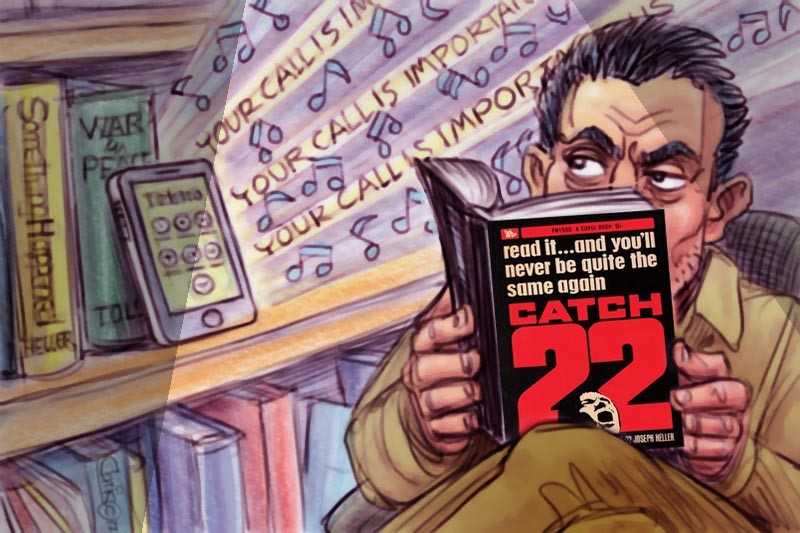
ARTS AND CULTURE
- Brian Matthews
- 06 October 2017
5 Comments
'I am being charged for items I did not buy and have never heard of. The cost of these 'purchases' was added to my normal Telstra phone bill. When I protested, Telstra said it was not involved, it simply administered the charges ... Entirely innocent from the start, I lose - no matter what happens.' On 23 August I wrote these words to Telstra for reasons that will soon become apparent.
READ MORE 
-
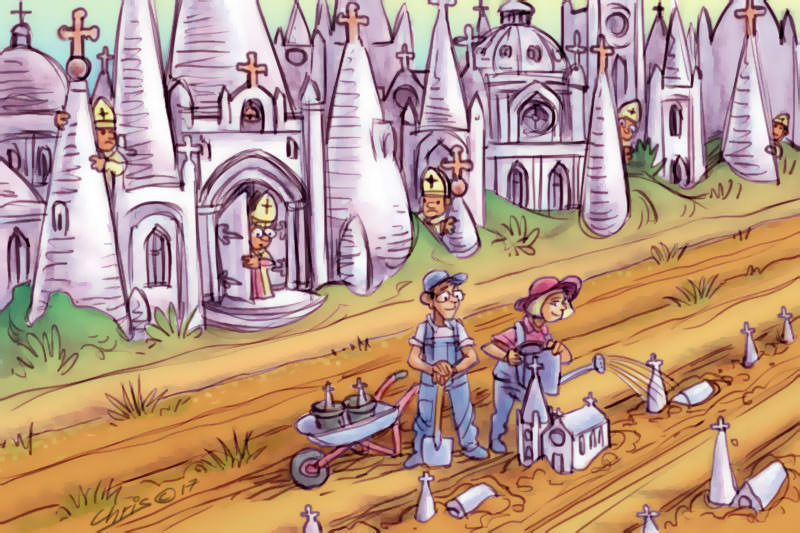
RELIGION
- Kevin Liston
- 31 July 2017
38 Comments
There are many reform movements active in the Catholic Church. Most seem to focus on changing the structures and systems of the church, on reshaping doctrinal positions and updating teachings. Organisational reform is necessary and long overdue but there is also need for a complementary movement among ordinary Catholics.
READ MORE 
-

MEDIA
- Barry Gittins
- 16 June 2017
4 Comments
An article focusing on the 2013 Boston Marathon bombings reported that people 'exposed to more than six hours of daily media coverage of the tragedy were more likely to experience symptoms of acute stress than those directly affected by the event'. News junkies, or those who saw extended coverage, were found to be worse off than those who actually survived the bombings. This is sobering as we consider how we deal with our children's exposure to traumatic events playing out on TV news.
READ MORE 
-
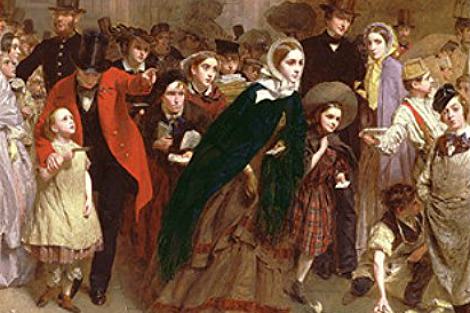
ARTS AND CULTURE
- Sarah Klenbort
- 15 June 2017
4 Comments
On a recent tour of Vaucluse House in Sydney's east, I couldn't help but notice, in every bedroom, a writing desk. I imagined Sarah Wentworth scribbling away with inkpot and pen 180 years ago. I wonder if the Wentworths went straight to their writing desks first thing in the morning, the way some people check their phones? The desire to receive news from someone somewhere else is century's old. In 1850 Tasmania had 11 newspapers, for a population of 70,000.
READ MORE 
-

AUSTRALIA
- Andrew Hamilton
- 25 May 2017
7 Comments
In each of us is a personal centre able to reflect, to wonder, to explore the world and to evaluate it, to long and to love, to make decisions, and to engage freely with other human beings. Privacy is the gate that allows us to leave and others to enter the garden of our deepest selves. If it is torn off its hinges we shall live on a shallow level, preoccupied with defending ourselves. That is why the invasion of our privacy by governments and corporations in order to control our lives is unjustifiable.
READ MORE 
-
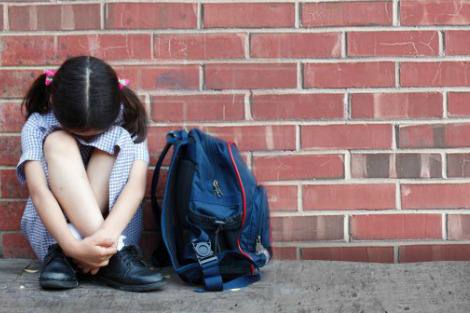
ARTS AND CULTURE
- Barry Gittins
- 24 February 2017
7 Comments
Squarely back into the school year, dinner conversations with our kids have included strategies for dealing with bullies. A 2016 survey of 20,000 Australians students found one in four respondents reported being bullied, and bullying 'was more common for year 5 students and year 8' - the grade levels of our boy and girl respectively. I'd love to be the 'parent nonpareil', with the right words and advice, but it's not that simple. The variables of personality and situation mean there is no easy, perfect answer.
READ MORE 
-

RELIGION
Two days after his election, the communications team of General Congregation 36 sat down with Father General Arturo Sosa to discuss his life and thought. The conversation introduces the new Superior General in a way that is more personal, to Jesuits and the wider Ignatian family around the world.
READ MORE
-
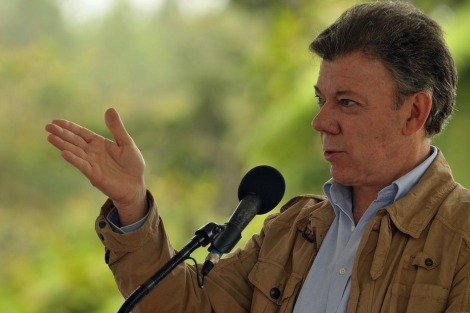
INTERNATIONAL
- Antonio Castillo
- 10 October 2016
2 Comments
Colombia has been on a massive political and emotional roller coaster. A peace accord to end the 52 years civil war was signed on 26 September, only to be rejected in a referendum on 2 October. A few days later President Juan Manuel Santos, whose referendum was rejected, received the 2016 Nobel Peace. All of this happened not in a hundred years, but in the space of a few weeks. Yet for those who know a bit about Latin American politics the defeat of Santos in the referendum was not unexpected.
READ MORE 
-
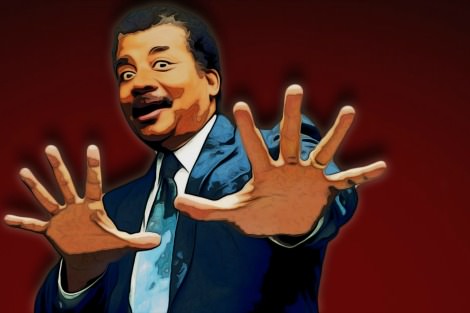
MEDIA
- Ketan Joshi
- 06 April 2016
7 Comments
When Alan Alda was 11, he threw a simple inquiry to his teacher. What's a flame? The response he received was less than satisfying. 'All I heard from the teacher was "it's oxidation". That didn't explain anything to me.' It's a neat illustration of a modern problem. Merely presenting over-simplified factoids is no longer sufficient in a world filled with phenomena like climate denial and the anti-vaccination lobby. For science to be communicated effectively, it needs to spark passion and excitement.
READ MORE 
-
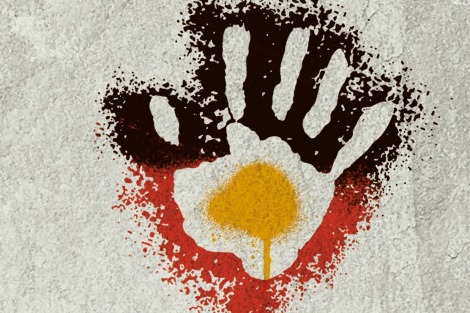
AUSTRALIA
- Frank Brennan
- 16 October 2015
2 Comments
I acknowledge those Aborigines and Torres Strait Islanders who insist that they have never ceded their sovereignty to the rest of us. I join with those Aborigines and Torres Strait Islanders who hope for better days when they are recognised in the Australian Constitution. As an advocate for modest constitutional recognition for Indigenous Australians, I respect those Aborigines and Torres Strait Islanders who question the utility of such recognition. But I do take heart from President Obama's line in his Charleston eulogy for the late Reverend Clementa C. Pinckney: 'Justice grows out of recognition'.
READ MORE
-

- Frank Brennan
- 18 September 2015
Pope Francis's concerns are not narrowly dogmatic or pedagogical but universally pastoral. He knows that millions of people, including erstwhile Catholics, are now suspicious of or not helped by notions of tradition, authority, ritual and community when it comes to their own spiritual growth which is now more individual and eclectic. He wants to step beyond the Church's perceived lack of authenticity and its moral focus on individual matters, more often than not, sexual. He thinks the world is in a mess particularly with the state of the planet — climate change, loss of biodiversity and water shortages, but also with the oppression of the poor whose life basics are not assured by the operation of the free market, and with the clutter and violence of lives which are cheated the opportunity for interior peace. He is going to great pains to demystify his office. He wants all people of good will to emulate him and to be both joyful and troubled as they wrestle with the probl
READ MORE
-
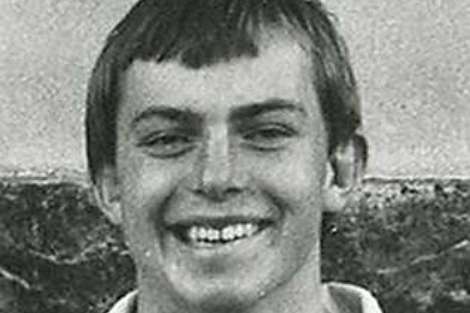
EDUCATION
- Andrew Hamilton
- 06 August 2015
56 Comments
It seems absurd to hold schools responsible for the way Shorten, Abbott, Joyce, Pyne and Hockey behave. Schools have influenced them in good and bad ways, but ultimately they are their own men. So we Jesuits have no call to apologise, nor to take pride. We are not responsible for them. But we are responsible to them, as we are responsible to all our alumni, even if they languish in public life or public prisons.
READ MORE 